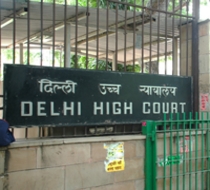 |
| Harish Salve |
Source : Indlaw
Amicus Curie and senior counsel Harish Salve (Pictured) has submitted before the Supreme Court that the issue of conservation of forests in the country should be left to the government.
He, however, blamed the unholy nexus between encroacher timber mafia and the forest officials for destruction of forests.
He also submitted before the bench comprising Chief Justice H S Kapadia and Justices Aftab Alam and K S Radhakrishnan that inaction on the part of the state government to check encroachments and illegal mining was responsible for the various orders passed by the apex court from time to time to save the fast depleting forest cover in the country.
The Supreme Court which has been monitoring the forest affairs for the last 14 years since 1996 has banned all constructions in the reserved forest area without the prior permission of the Supreme Court.
The central government has also taken the same stand before the Supreme Court and has told the Apex Court to keep its hands off from the forest matter leaving it to the executive.
The submissions were made during the hearing of French company Lafarge which had challenged the decision of Guwahati High Court banning mining in Meghalaya.
Bangladesh government has been pressing for supply of minerals from Meghalaya as its biggest cement factory is facing closure for want of raw material.
Further arguments would continue.
Mr Salve also told the court that the government must protect the forests and national parks and sanctuaries under the provisions of Forest Act and the Wildlife Act and if the government does not act according to law then the aggrieved party can always approach the court.


